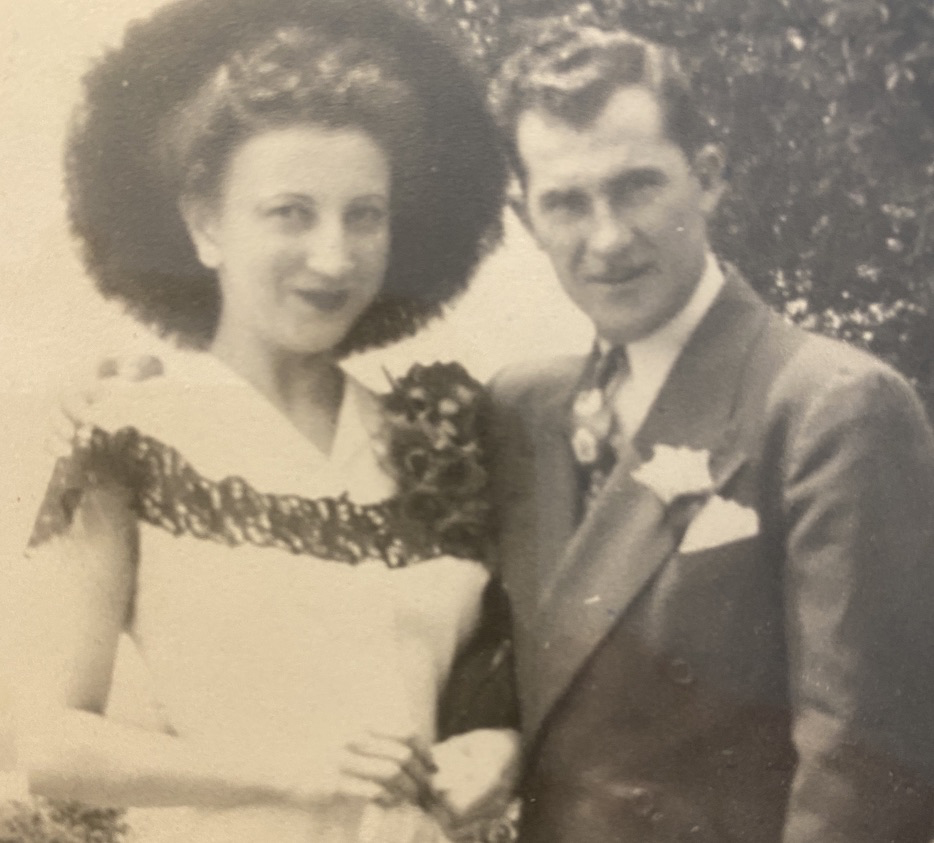Every age has its great writers – and historians, poets, novelists, scientists, mystics, journalists, essayists, playwrights, naturalists, technologists, and business authors.
But with AI making teachers, authors, artists, and reporters obsolete, will we ever have great writers again?
Or will we look back on the early 21st century with nostalgia and longing, as we wonder how much of what we consume for our knowledge and learning and entertainment is from a human mind or an algorithm?
As with the above concerns, I find that much of what I write these days about AI comes in the form of questions. The number and scale of the unknowns, and the unknown unknowns, is staggering. We are only at the early dawn of the Age of Machines.
Skeptics of Large Language Models (LLMs) now remind us that the machines can only predict the next word based on massive datasets of existing sequences of words.
They minimize how effective that is — the programmatic phenomena that the ‘predict the next word’ approach has initiated and the blindingly rapid advances in the data, the algorithms, and the underlying machine hardware.
And the output of the LLMs is alarmingly conversational, logical, reasonable, and human.
I’m surrounded by writers. My shelves are full of books and authors old and new, classic and modern, across many genres.
Perhaps only a few of them – Harari, Wilber, Russell, Bostrum, Harris, Hinton – could foresee the coming technological revolution as the emerging obsolescence of human creativity, cognition, and reasoning.
This development may be unlike any other. There is no precedent for this, and the impact is greater as time marches on. As with all other developments in human history, the big question, perhaps bigger than what the AI will do and be capable of doing, is how will the human race respond, individually and collectively?
How will we improve our lives and improve our living conditions, happiness, and security?
How will we sustain our humanity – art, literature, intimacy, authenticity, love of nature, excellent education, and essential compassion? Will we rebel, create a backlash, and attempt to establish AI-free zones and realms and practices – and will that even be possible?
Can I play a role in that rebellion? I cannot think of a more critical purpose than sustaining our humanity.

Photo by Glenn Carstens-Peters on Unsplash
But I cannot shake these fears. Anything I have written here – long-hand with a fountain pen, on paper, thoughtfully, from the heart, slowly and spontaneously – could be created in seconds by a million other people using any number of AI tools available today, using a million different variations and permutations and insights that my narrow, feeble, slow, human mind could never realize and express.
Soon, the LLMs will be trained up to the present, so that all reactions to the LLMs and AI are accessible – all ideas, emotions, strategies, risks, regrets, pain, coping mechanisms, successes, failures, tricks, hacks, trends, and on and on and on – will all be immediately available to everyone.
So, my mission now is to learn, observe, and report. I need to go out and slowly, meticulously, thoughtfully interview people one-on-one, synergize and analyze, crystallize and report, and do all that manually.
But can the very phenomena I’m reporting on do that reporting a thousand times better and faster?



